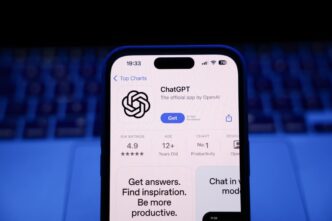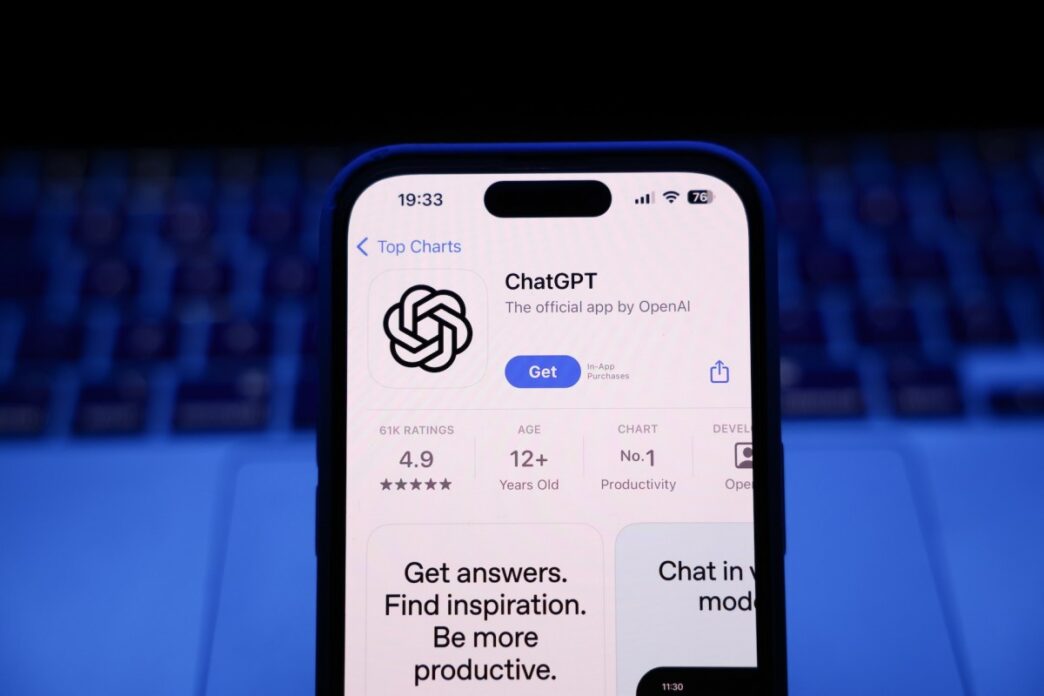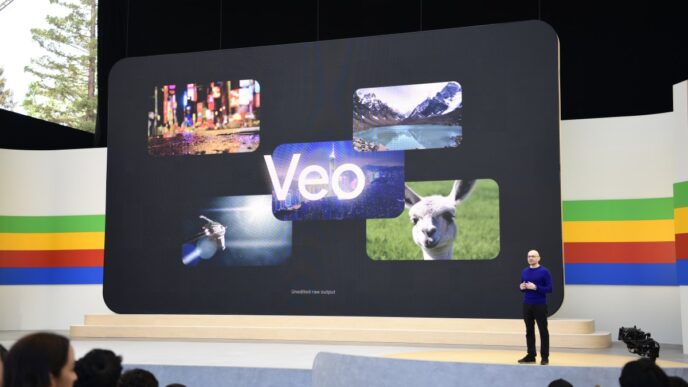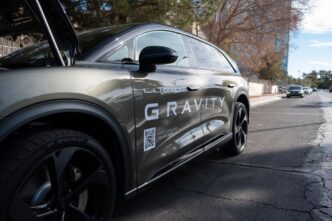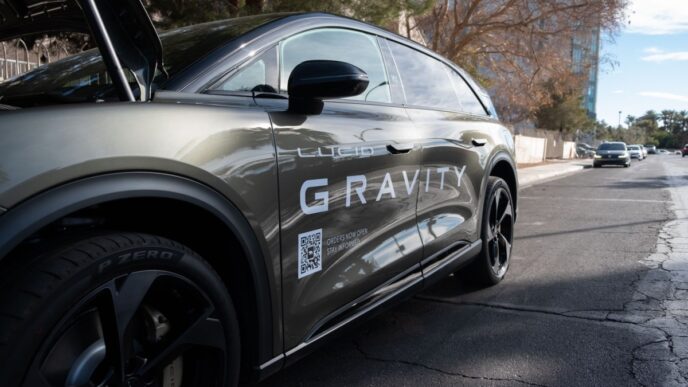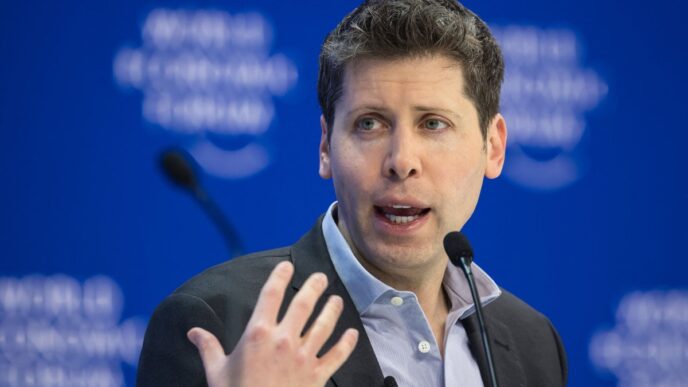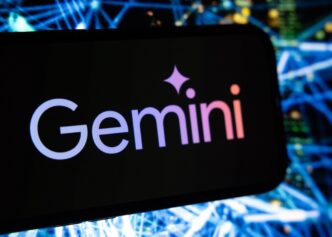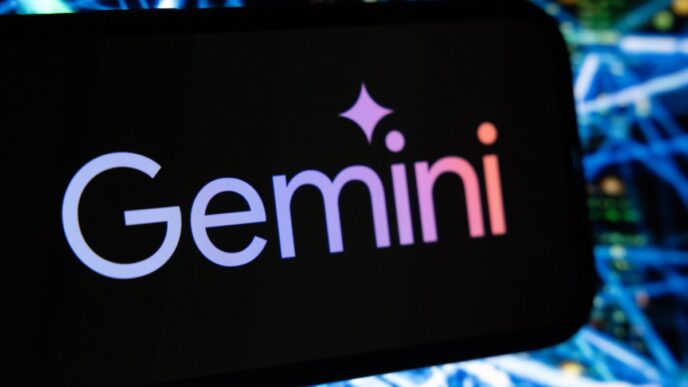Similarweb reports ChatGPT referrals to news sites are surging — but it’s nowhere near enough to offset plunging organic traffic.
Clicks to news outlets via Google search dropped sharply after Google launched AI Overviews in May 2024. The no-click rate on news searches climbed from 56% to nearly 69% by May 2025. Organic visits followed suit, sliding from 2.3 billion at their 2024 peak to under 1.7 billion now.
Meanwhile, ChatGPT news prompts exploded 212% from January 2024 through May 2025. Referrals from ChatGPT to news sites jumped from just under 1 million in early 2024 to over 25 million in 2025 — a 25x spike.
Still, that surge barely makes a dent given the overall decline in search traffic. Some publishers are benefiting more than others. Reuters saw an 8.9% YoY increase in ChatGPT referrals, NY Post 7.1%, Business Insider 6.5%. The New York Times, embroiled in a lawsuit against OpenAI over content scraping, only saw a 3.1% lift despite remaining in the top 10 sites for AI referrals.
Topics driving ChatGPT news queries focus on stocks, finance, and sports — but politics, the economy, and weather are growing fast. Similarweb suggests AI news engagement may be shifting toward deeper, issue-driven interest instead of reactive information.
ChatGPT’s app user base more than doubled in the last six months. Website visitors rose 52%. Similarweb now offers a new service to help brands track their visibility in generative AI tools like ChatGPT and benchmark against rivals.
Publishers face a tough road. Google’s new Offerwall service aims to help by enabling micropayments and newsletter sign ups through Google Ad Manager, offering alternatives to ad-driven revenue that’s crumbling with falling traffic. Many outlets have cut staff or shuttered amid the crisis.
OpenAI CEO Sam Altman recently addressed job losses in AI-powered shifts on The New York Times’ Hard Fork podcast:
“I do think there will be areas where some jobs go away, or maybe there will be some whole categories of jobs that go away. And any job that goes away, even if it’s good for society and the economy as a whole, is very painful — extremely painful — in that moment … there is going to be real pain here in many cases.”
